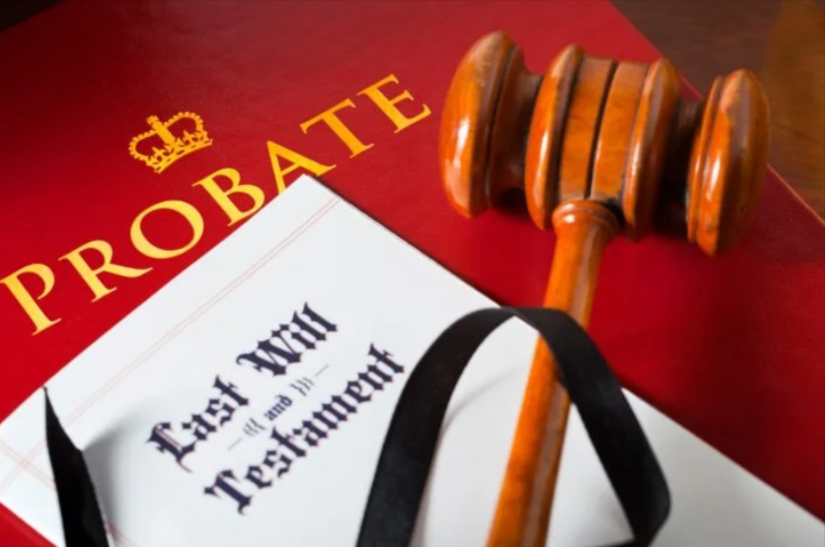Understanding Probate Laws
Probate laws are the legal regulations that govern the distribution of a deceased person’s assets and the settlement of their estate. These laws vary from state to state, so executors need to familiarize themselves with the specific probate laws in the state where the probate process will take place.
Executors should understand the key concepts and terms related to probate, such as wills, beneficiaries, and estate administration. With this knowledge, they will be able to handle the probate procedure more effectively and make sure they carry out their executor responsibilities.
Roles and Responsibilities of Executors
Executors play a crucial role in the probate process. They will be more equipped to handle the probate process and carry out their executor responsibilities with this knowledge.
Some of the key responsibilities of executors include identifying and taking control of the deceased person’s assets, paying off any outstanding debts or taxes, and distributing the remaining assets to the beneficiaries.
Executors are also responsible for communicating with the beneficiaries and keeping them informed about the progress of the probate process. They may need to work closely with attorneys, accountants, and other professionals to fulfill their duties effectively.
Probate Process Step-by-Step
The probate process typically involves several steps, which may vary depending on the complexity of the estate and the specific probate laws in the state. The following is a broad rundown of the probate procedure:
1. Filing the will and the necessary documents with the probate court
2. Notifying creditors and beneficiaries
3. Inventorying and appraising the assets
4. Paying off debts and taxes
5. Distributing the remaining assets to the beneficiaries
6. Closing the estate and filing the final accounting with the court
Executors should consult with an attorney or seek professional guidance to ensure that they follow the correct steps and meet all the legal requirements during the probate process.
Tips for Executor
Being an executor can be a demanding role, but there are several tips that can help executors navigate the probate process more smoothly:
1. Educate yourself: Take the time to understand the probate laws and familiarize yourself with the specific requirements in your state.
2. Seek professional guidance: Consult with an attorney or other professionals who specialize in probate to ensure that you have the necessary support and expertise.
3. Stay organized: Keep detailed records of all transactions, communications, and important documents related to the estate.
4. Communicate openly: Maintain clear and open communication with the beneficiaries, keeping them informed about the progress of the probate process.
5. Seek assistance when needed: Don’t hesitate to ask for help or delegate tasks to professionals if you feel overwhelmed or uncertain about certain aspects of the probate process.
By following these tips, executors can fulfill their responsibilities with greater confidence and efficiency.

